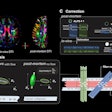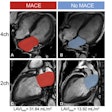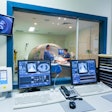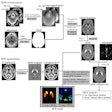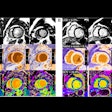GE Healthcare of Chalfont St. Giles, U.K., is investigating 25 cases of a rare kidney disease that developed in European patients after administration of the company's Omniscan MRI contrast agent.
In a posting on the company's Web site, GE said that two European hospitals had reported 25 cases of a rare disease called nephrogenic fibrosing dermopathy or nephrogenic systemic fibrosis (NFD/NSF) after administration of the company's Omniscan gadolinium-based contrast agent. The company said that the cases had occurred over the course of four years.
NFD/NSF is a rare condition that "has only been observed in patients with chronic, severely impaired renal function," GE said. It can lead to increased formation of connective tissue, "which then becomes thickened, coarse, and hard, sometimes leading to contractures."
GE said it is working with the two hospitals and experts in the field to investigate the cases, and is also in communication with U.S. and European regulatory authorities. The authorities are making inquiries as to the occurrence of NFD/NSF after the administration of all gadolinium-based contrast media, according to the company. So far, no causal link has been established between NFD/NSF and these agents.
For more information, GE directed healthcare professionals to the company's Medical and Professional Services hot line, at 800-654-0118, or a registry of recorded NFD/NSF cases, at the International Center for Nephrogenic Fibrosing Dermopathy Research (ICNFDR). GE's letter to healthcare professionals can be viewed by clicking here.
By AuntMinnie.com staff writers
June 9, 2006
Related Reading
FDA clears GE nuclear cardiology software, June 12, 2006
GE launches new SPECT/CT unit at SNM show, June 7, 2006
GE rolls out Vivid 7 software upgrade, June 5, 2006
GE unit to test new agent for cancer detection, June 5, 2006
GE launches Swedish IT project, May 31, 2006
Copyright © 2006 AuntMinnie.com

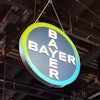
.fFmgij6Hin.png?auto=compress%2Cformat&fit=crop&h=100&q=70&w=100)

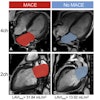


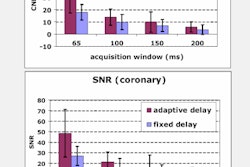
.fFmgij6Hin.png?auto=compress%2Cformat&fit=crop&h=167&q=70&w=250)


